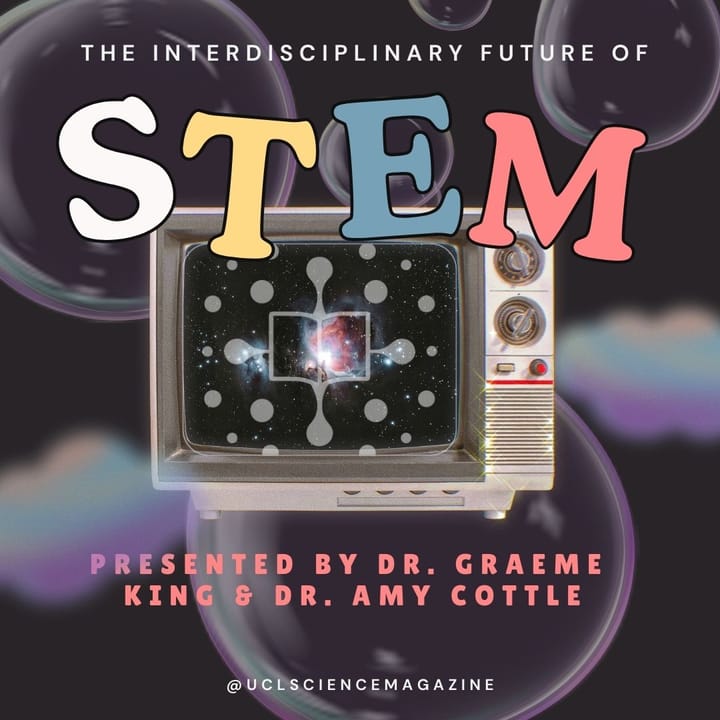Do we really think we know what we know? Two millennia after Achilles raced the tortoise and our exploration of how paradoxes challenge scientists continues to unravel new understandings of nature. By Daniel Bilsborrow.
In our world today, it’s generally considered constructive to explore different perspectives and opinions, but being able to contemplate and evaluate those perspectives at the same time may be an even more powerful way to think. Over the centuries, this task was left to the world’s greatest philosophers and intellectual minds, proposing that two seemingly contradictory beliefs are not in fact so dissonant, and that there are deeper truths to what cursory logic would suggest. Einstein famously summarised this by stating that an object can be at rest and moving at the same time [1]. This seems contradictory, but in reality it’s just a paradox! It all depends on the observer.
So, what is a paradox? A paradox occurs when you have two ideas that seem to challenge one another. Socrates notably said that ‘I know one thing, that I know nothing’. More often than not, with a contradiction you must choose one side or the other if you want to be rational, however paradoxes rarely highlight a logical mistake, but rather expose a fundamental truth. Their subtleties have puzzled scientists and mathematicians for millennia. Fortunately, however, their resolution sheds a new perspective on the puzzle and ultimately enlightens new knowledge.
Perhaps one of the most influential paradoxes is of Achilles and the tortoise [2], designed by the Greek philosopher Zeno, who thought to refute motion as we know it. Achilles, the fastest athlete in the ancient world, would race the tortoise and give the tortoise a 100m head start. If they are both travelling at constant speed (Achilles much faster than the tortoise), then Achilles would have travelled 100 metres in the time it takes for the tortoise to travel, let’s say, 2 metres. Importantly, in order for Achilles to overtake the tortoise, he must first travel to the point where the tortoise started. But, by the time Achilles reaches where the tortoise was, the tortoise would have moved slightly further from that position. This happens again and again; when Achilles arrives at some point where the tortoise has been, the tortoise has already moved on and thus he still has some distance to go before even catching up with the tortoise. Ultimately, Achilles never catches up because although the gap between the two keeps on getting smaller, it will always be present. Zeno’s paradox revealed a mismatch between the way we think about the world and the way the world actually is; the obvious assumption that Achilles wins the race, yet Achilles getting closer to the tortoise but never surpassing, stretches new concepts of infinity, space and time.
Paradoxes today have the same capacity to transform our scientific beliefs. For instance, black holes are still an area of contradiction even when examined by the two most successful theories in physics. General relativity predicts the existence of black holes. These mysterious objects appear when a region of incredibly dense mass is accumulated, causing gravity to be so strong that nothing can escape. Quantum mechanics on the other hand, tells us that black holes can ‘evaporate’ via Hawking radiation; they emit electromagnetic radiation, eventually releasing all the energy that was put into it. So what’s wrong here? Well, the evaporation is a process of losing information, and this violates the central tenet of both classical and quantum physics - the assumption that if we have perfect knowledge of a system, we can predict its future and uncover its past. But if information is somehow lost along the way, then we cannot determine the history of a black hole given its current properties because different initial states can result in the same final state. In other words, quantum mechanics contradicts the very foundation that it is built upon.
Attempts at tackling this paradox involve multiple areas of physics, from statistical mechanics to quantum field theory. Quantum researcher Dr Suvrat Raju [3] states that ‘The resolution to this paradox lies in the fact that gravity localises quantum information very differently from quantum field theories’. Therefore, the answer to the black hole information paradox could lie in a theory of quantum gravity, which may be the only way to observe the microscopic effects at the edge of the black hole. Further research may inspire even deeper questions concerning the very nature of space-time. Initiating this, Professor Yasunori Nomura at UC Berkeley has researched space-time beyond general relativity, theorising that there are multiple layers beyond a black hole’s event horizon and that space-time doesn’t just ‘cease to exist’ [4].
These progressions are still a long way from resolving the information paradox. We still don’t know what happens to information when it enters a black hole, and we are’t even sure if some unknown processes are responsible for such information loss. It is certain, however, that just like all other paradoxes, their resolution will pave the way for new concepts about the structure of our universe.
Bibliography
- Einstein A, Morgan document, 1921
- Huggett N. Zeno’s Paradoxes. In: Zalta EN, editor. The Stanford Encyclopedia of Philosophy [Internet]. Winter 2019. Metaphysics Research Lab, Stanford University; 2019 [cited 2022 Oct 29]. Available from: https://plato.stanford.edu/archives/win2019/entries/paradox-zeno/
- Raju S. Lessons from the information paradox. Physics Reports. 2022;943:1-80.
- Nomura Y. Have We Solved the Black Hole Information Paradox? [Internet]. Scientific American Blog Network. 2022 [cited 5 October 2022]. Available from: https://blogs.scientificamerican.com/observations/have-we-solved-the-black-hole-information-paradox/





